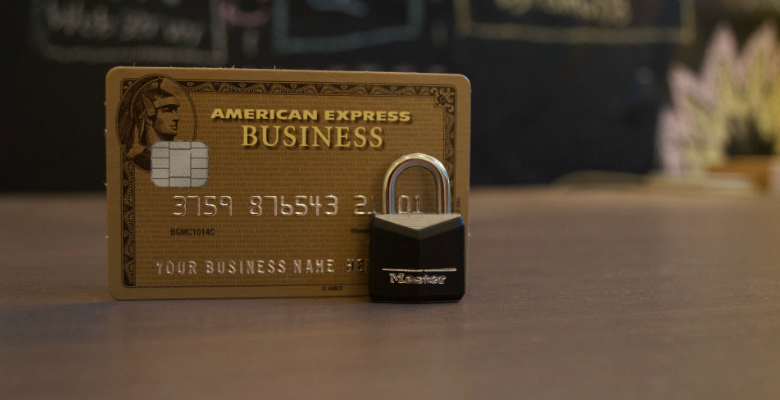4 Ways to Boost Your Business Credit Score
Improving your business credit score should be one of your top to-dos as a business.

Whether you’re an established shop or a start-up, building a strong business credit score is a smart step for growth. Business credit scores are like personal credit scores. They report the creditworthiness of your operation, and they range from 0 to 100. A score of 65-100 is considered good to great.
Improving your business credit score should be one of your top to-dos as a business. Why?
There are many reasons to maintain or continue to improve your score. Most importantly, lenders can use business credit scores, along with personal credit scores, to evaluate your loan eligibility.
A strong business credit score helps increase the chances of approval when personal credit scores are lacking. A strong business credit score may help you receive better payment and discount terms with vendors and suppliers.
![]()
HOW TO IMPROVE YOUR BUSINESS CREDIT SCORE
1. Separate Personal from Business
Start by opening a different bank account for your business. This way, you can establish the credit history of your business correctly. Next, you want to apply for a business credit card so you can stop using personal cards or business expenses. Using personal credit cards doesn’t build a stronger business profile, which you’ll likely need to obtain business financing.
2. Get Familiar with Your Credit Report
Minor mistakes can have a significant impact, so you want to ensure the accuracy of your report. In most cases, if there are any errors on your report, you can correct them. Do this by contacting the credit bureaus and offering evidence to show the inaccuracies. Three main credit bureaus report on business credit: Dun & Bradstreet, Experian, and Equifax. They each have their own scores, and these scores can vary. Learn more about the calculation of these scores in this article.
3. Establish Credit with Your Suppliers
Consider starting trade accounts with any regular suppliers and vendors you have. So, what’s trade credit, and why is it important? Trade credit is when you receive a product from a supplier or vendor without making upfront payments. This type of agreement can boost creditworthiness. If your supplier runs out of a product you need, they might refer you to a different supplier. You must stay on top of these agreements, as a good payment history will reflect in your credit.
4. Manage Your Accounts
Now that you have separated your personal and business credit, checked your credit report, and established trade accounts, you need to manage them. It’s easy to do if you form these three simple habits:
- Pay your bills early or on time, every time. Late payments can impact your credit score in a big way. Stay on top of your bills, and your credit score will reflect that.
- Pay off debt. Break up your debt into smaller chunks. By doing this, it makes repayment much more manageable.
- Maintain revolving credit balances. Credit bureaus look at the ratio of credit used in relation to the amount of credit available when determining credit scores. Aim to keep that ratio low and under 15%.
Establishing or improving your business credit score can be a straightforward and manageable process with these tips. Having challenged credit or lack of established business credit doesn’t have to stop you from growing your business.
Are you excited to get started? Discover your monthly payment estimate using a financing calculator. Select the type of equipment you’re interested in, the cost, and term length. You could have that new or used piece of equipment that will help grow your business in no time.